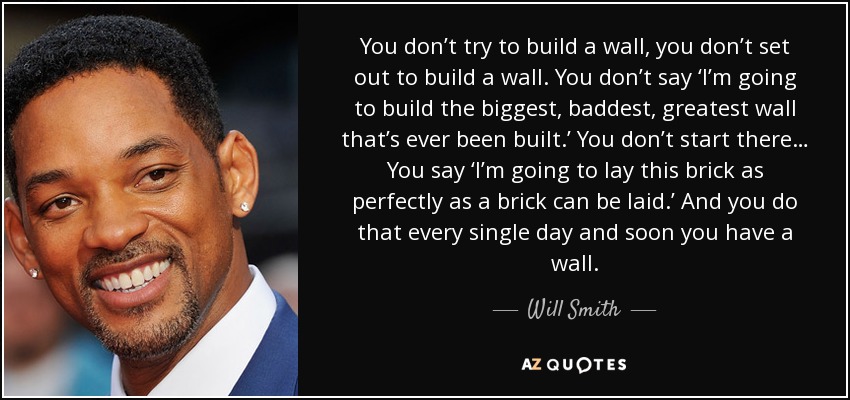Let’s assume that you built a discretionary method or even an automated system that has the potential to earn above average returns. How can you make sure that your method is applied in a manner that is robust and can be traded long term?
Developing a robust trading method that potentially has a positive expectancy is a very individual thing and it has a lot to do with the personality, beliefs and the actual application of the trader using the method. More often than not, the trader overrides the system/method, stops trading it and switches to a “better” method.
Your expectations from the system, the market, and your belief system will all come out in how you apply one method or another. We can clearly say that those who approach the markers with “it’s too good to be true, but maybe my luck is different” will sooner or later realize that they will become a part of that same statistic they were afraid of. It is important to listen to listen to those who have traded long term and hear their conclusions because it is unlikely that you will achieve results that are better, especially if you are just starting out.
Above all, maintain a balanced life where you have multiple income streams coming outside of trading. Trading should not take over your entire world right away. Rather, keep it in balance until you become better and better at it. Slow steps of reality, will beat giant steps of fantasy.

The factors below list the components of trading methods and influencing factors that many traders overlook when it comes to creating a robust trading methodology. They are not meant to be taken as criticism, but as guidelines to help you audit yourself and adjust your approach and method so that you can create a more robust method tailored around your strengths and avoid the common mistakes:
Greed.
For some traders knowing that 90% of people lose in trading, while they have positive expectancy is not enough. They must tweak, interfere, and over-optimize a system to have a better return. They turn a perfectly good system to a losing system only because they can’t help themselves.
How much is trading taking out of your life?
New traders often are obsessed with trading while thinking that it would solve all their life problems and solutions. It does not.
They then often buy all the indicators, join trading courses, attend webinars, thinking that all that would add up to some magical knowledge that would make their method better. Knowledge is just potential and more isn’t necessarily better. The power lies in the execution of a trading method. Paralysis by analysis is a very common problem we see with such traders.
Drawdowns.
This is the one thing that separates the realistic from the unrealistic. Whereas unrealistic traders believe that a winning trading system should encounter very few losing streaks, realistic traders understand that losing streaks are inevitable and that they need to push through such periods with confidence and not alter their systems. This comes back to what we have said before: constantly trying to improve (read: mess around with) your trading system often takes a good system to a losing one just because you are not making consistent trading decisions.
Setting unrealistic expectations.
Many people enter the world of unrealistic expectations, and it’s not even always their fault. You often read about the “super traders” that have turned a few hundred Dollars into a small fortune. Unfortunately, this is not how trading works. In the end, trading is like any other profession where hard work, persistence, and endurance are being rewarded.
Mastery vs. trading as a hobby.
The seriousness with which many people approach trading does often not live up to their overall goals they have with trading. Although you often don’t have to watch your charts all day long, you should focus on the right things. We strongly suggest to stop “system hopping” and only focus on ONE trading approach at a time. Give it your whole attention and try to achieve mastery in it, rather than going from one system to the next without really exploring all the different nuances. This alone can often make a huge difference already.
Focus on making small wins
Don’t be in a rush. Markets and opportunities present themselves to those that take the time to learn. Just remember, the professionals wait for amateurs to place their orders because they know that their lack of knowledge and predictable behavior will bring the zero-sum game to fruition.
This article highlights the importance of looking beyond pure trading results and focusing on the process of trade execution. It is essential to make the correct assumptions about your trading system and the performance of your methodology. Wrong assumptions typically lead to bad trading decisions.
There is a substantial risk of loss in futures trading. Past performance is not indicative of future results.



